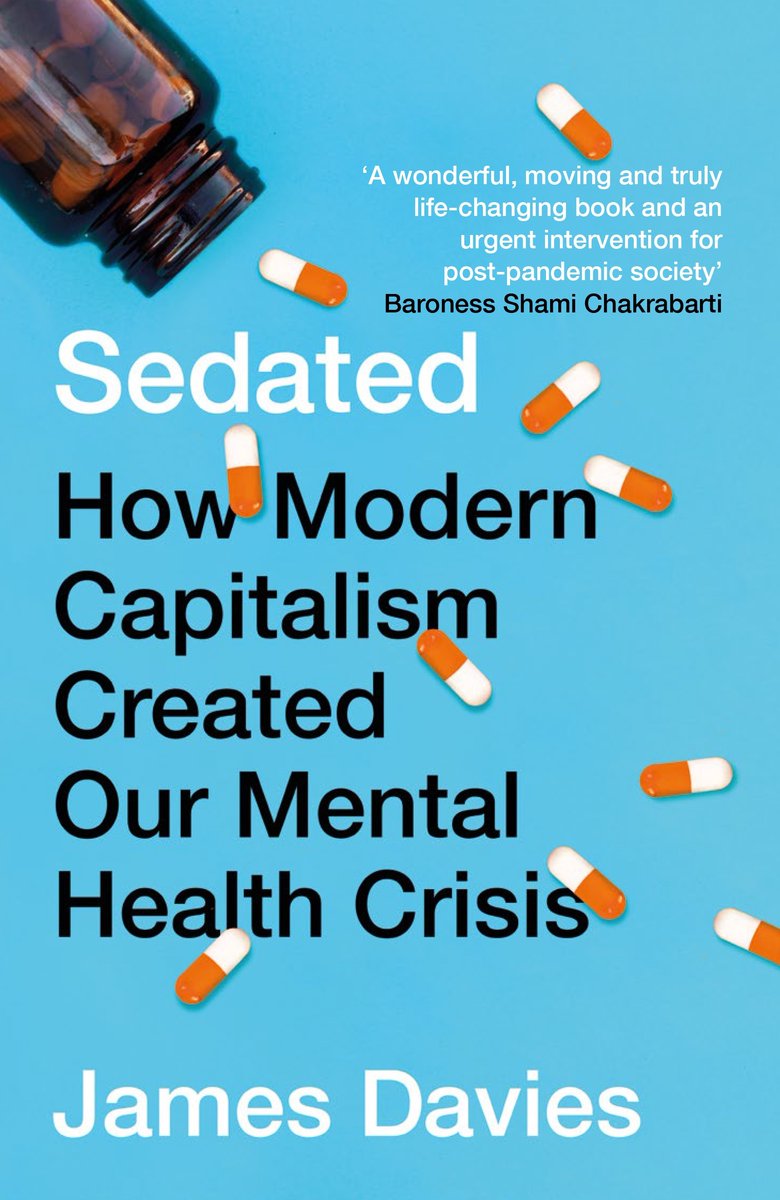
Dad-Husband-Writer - Assoc Professor of Medical Anthropology & Psychology (Ph.D @UniofOxford). Psychodynamic/Humanistic Psychotherapist (UKCP). Previous NHS.
How to get URL link on X (Twitter) App


 This has occurred by way of our mental health sector becoming a handmaiden to neoliberalism. The mechanisms that have facilitated the sector's economic servitude are many. Here are just three for the purpose of illustration. 2/8
This has occurred by way of our mental health sector becoming a handmaiden to neoliberalism. The mechanisms that have facilitated the sector's economic servitude are many. Here are just three for the purpose of illustration. 2/8

 As with my previous book, Cracked, I have widely interviewed leading politicians, activists, service users, clinicians & academics to help tell the story of how our mental health sector has evolved since the 1980s to serve the needs of our economy… 2/5
As with my previous book, Cracked, I have widely interviewed leading politicians, activists, service users, clinicians & academics to help tell the story of how our mental health sector has evolved since the 1980s to serve the needs of our economy… 2/5